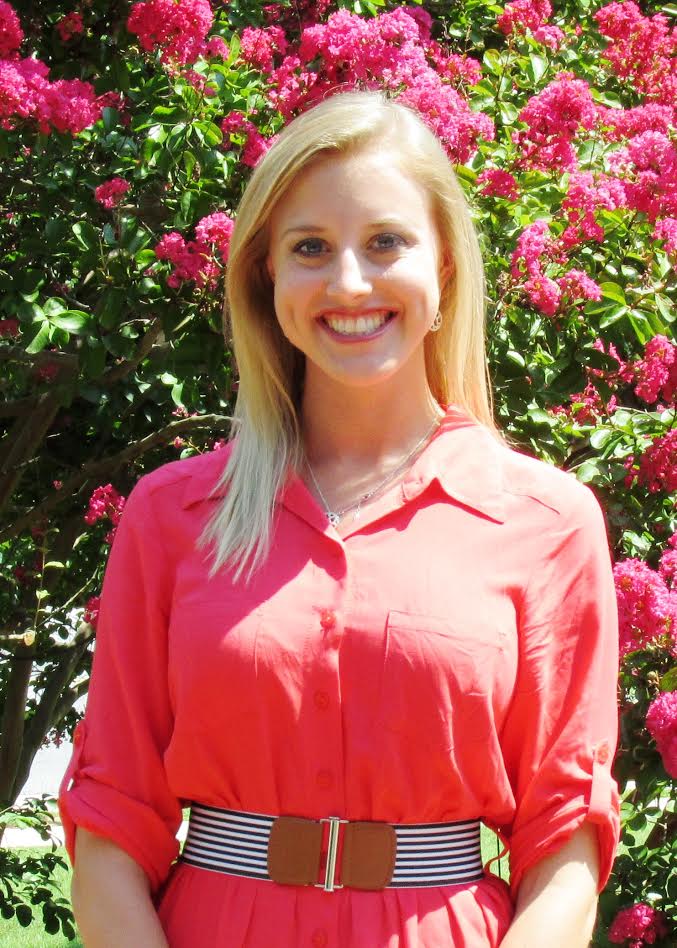COURTNEY HECKMAN
Capstone Project Committee: Lauren Doyle, MGC, CGC; Kelly East, M.S., CGC; Adam Hott, Ed.D
Background: The chance that an individual will develop a complex disease is difficult to estimate. Genetic technologies can be combined with traditional models of incorporating family and personal medical history to inform disease risk assessment. This study aims to explore the clinical tools utilized by genetic providers to assess disease risk and to analyze risk assessment variability for complex conditions.
Methods: In collaboration with HudsonAlpha Institute of Biotechnology, a survey was electronically distributed to members of National Society of Genetic Counselors (NSGC) and American College of Medical Genetics (ACMG). There were 164 participants including genetic counselors (n=142), geneticists (n=18) and genetic researchers (n=4). The survey elicited information regarding participants current clinical practice using various clinical tools for risk assessment. Each participant reviewed one fictional character’s health information to perform risk estimates for six complex diseases.
Results: Significant variability was identified between geneticists and genetic counselors’ usage of single nucleotide polymorphisms (SNP) profiles (p<.05) and whole exome sequencing (WES) (p<.01). More geneticists reported “never” using SNP profiles for complex disease (n=6; 33.3%) or WES (n=2; 11.1%) as compared to 68.8% of genetic counselors that “never” use SNP profiles or WES (39.1%). Approximately 50% of geneticists reported using a combination of tools “always” or “very often” as compared to 31.2% of genetic counselors. Participants with fewer years of experience were found to provide risk estimates that were significantly lower than those with more experience. Variability in risk assessment also decreased when participants were given a medical history, family history, and SNP-based profiles.
